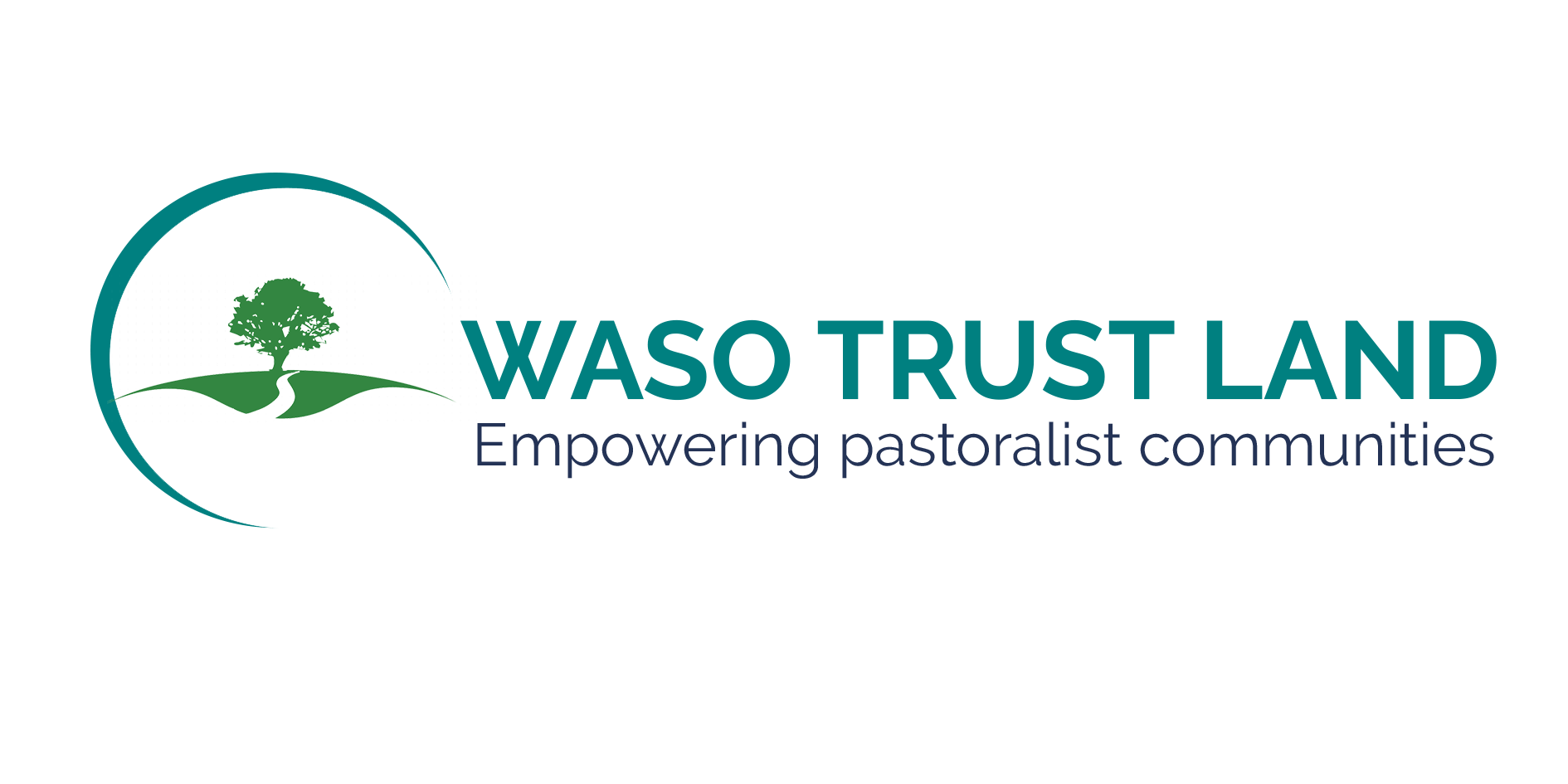Address
Po Box 810 -60300, Isiolo.
Work Hours
Monday to Friday: 8AM - 4PM
The goal of this program is to facilitate individual residents and pastoral communities in Isiolo County and in ASALs to attain land tenure rights and sustainably use their land for productive assets.
WTL’s mandate under this program include:
The aim of this program is to strengthen community resilience through integrated risk management to enhance proper land use planning and governance of natural resources for sustainable development.
WTL is committed to:
This program is anchored on SDG 16 whose aim is to promote peaceful and inclusive societies for sustainable development, provide access to justice for all and build effective, accountable, and inclusive institutions at all levels.
The program strategic priorities are:
The aim of this program is to accelerate and advance human right of marginalized communities and support them to address their concerns at national, county and community levels with focus of Bill of Rights as enshrined in 2010 Constitution of Kenya.
WTL does the following to ensure that this program attains the above aim:
This program is aimed at supporting community led organization and cooperatives for women, youth and vulnerable groups to improve their social economic standards through entrepreneurship, and income generating activities (IGAs) as alternative source of livelihood.
WTL considers to attains this through:
Establish linkages and networks for marketing of group’s IGAs products to maximize on profit and suitability of their enterprises.
This program is aimed at strengthening community resilience on climate change and its effects on development through supporting communities to understand climate change and its mitigation mechanisms.
WTL strategies to address climate change include:
